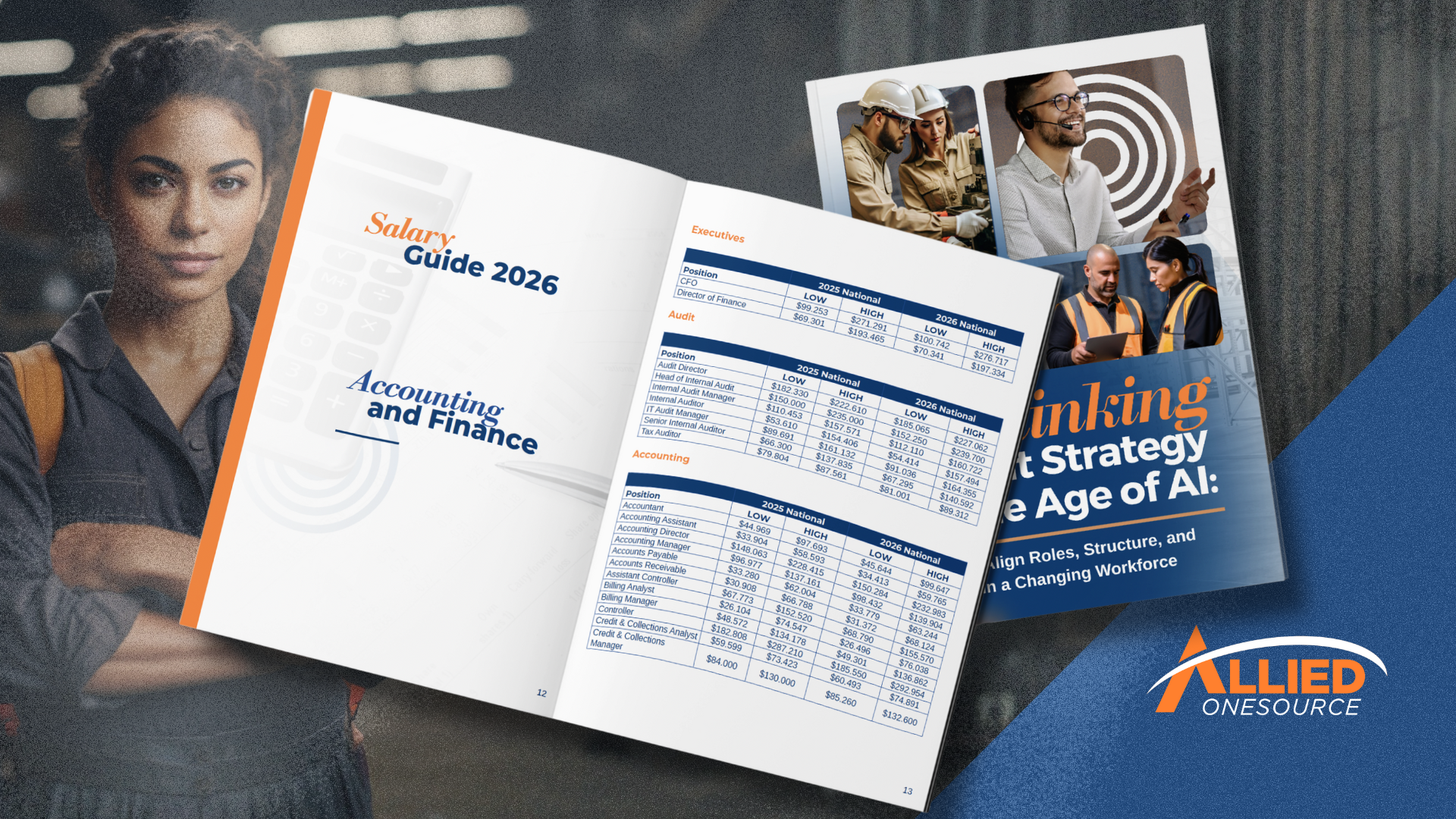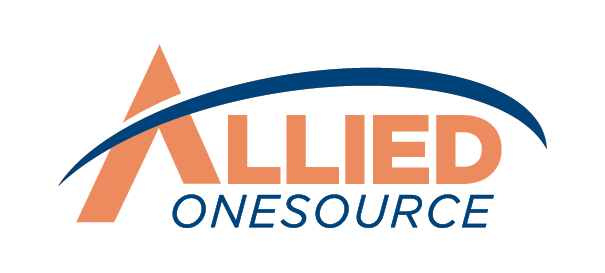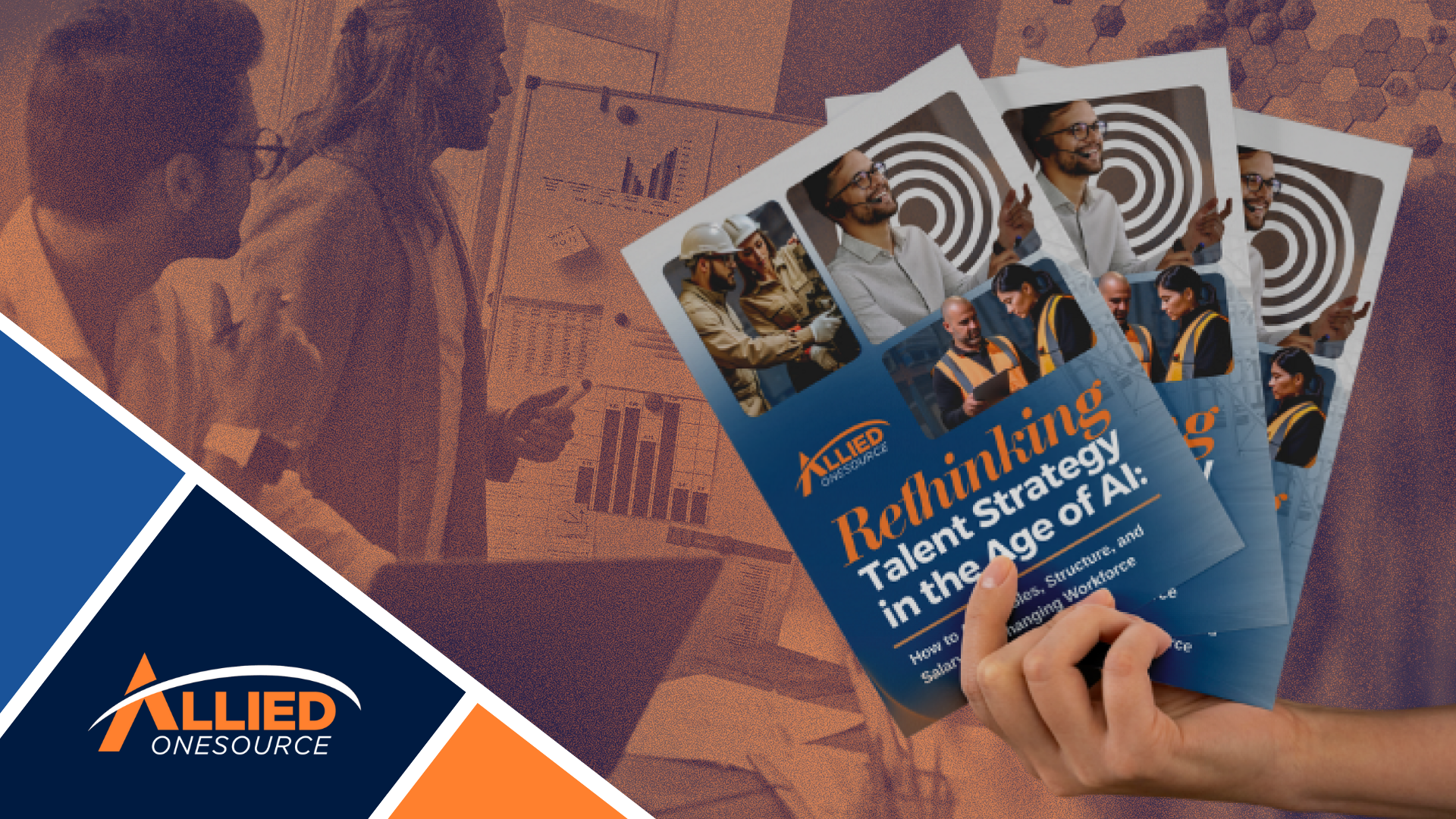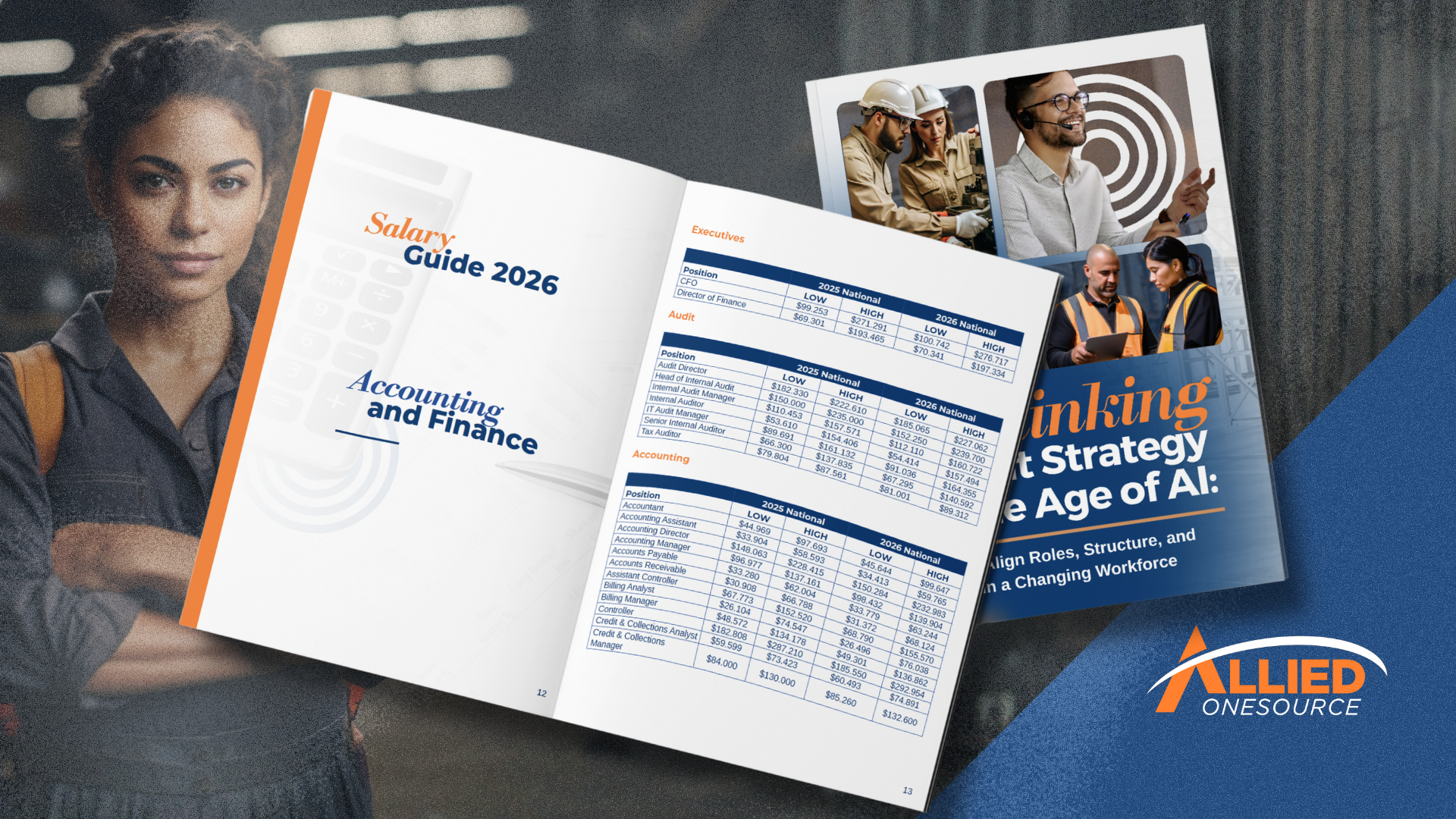Things to Help you Stand Out in an Interview
Your performance in an interview is likely to have a major impact on your career. The interview is an important step to fulfilling your career aspirations and goals, no matter what stage you are in your career or how well your career record has been to date. Unfortunately, many well-paying job opportunities in competitive markets end up interviewing at least 10 different candidates for the same position, so it’s important that you stand out.
In any job interview, you should be sure to focus on the things you’ve done or accomplished so far in your career and how you did them. Take out any doubtful thoughts from your mind that keep you from showing your most confident self, these thoughts and feelings will easily show through your body language and facial expressions. Don’t allow doubt to get in your way and strictly focus on what you can bring to the position.
View the interview process as a chance to meet and learn someone new. In the interview, you will learn about the company or division you’d be joining, how you can help their team, and how to achieve your personal career goals at the same time. Don’t forget that the interviewer knows little to nothing about you so use this as a chance to stand out from the rest.
Here are a few basic things that a candidate can do to stand out positively from the other candidates:
- Be professional and courteous with EVERYONE you meet when you come in for your interview.
- Whomever you engage with on the day of your interview, whether in person or virtually, be sure to remain professional and cordial. People will share their thoughts and opinions about you with the interviewer once your interview is done so keep that in mind.
- Do your research
- Before your interview, do some research on the company and the interview. It’s better to come in over-prepared rather than not prepared in the slightest. Speak with anyone you know that could provide you with helpful information or advice. Doing your research will also help you formulate unique questions to ask during the interview as well.
- Ask questions to the interviewer and make the interview a two-way street
- Come to the interview with several questions prepared to ask the interviewer and try to think of a few more during the interview. Asking questions will show them that you did your research and you're excited about the opportunity for the position. Treating the interview like a two-way street will also show them that you won’t hesitate to ask questions on the job instead of waiting to be asked questions to speak up.
- Show your passion for the role and express why you’re interested
- Though this may seem like a no-brainer, many people forget about this component. The company and the interviewer want to hire someone excited to join the company and begin working in the role rather than someone who’s just looking for their next paycheck. Clearly express your interest in the role and thank the interviewer for their time.
- Have your achievements well thought about and ready to share
- When talking about yourself in an interview, you shouldn’t have to stop to think or pause for too long to formulate an answer. An interviewer wants to see that you know what you’ve done and how you did it. When describing your achievements, make sure that you mention a clear result or your achievements, whether it was helping a coworker finish something or getting a new client to a company after a long time.
Though several of these things seem simple and obvious for an interview, many people still forget them in the stress of the moment. The interview process will consist of the interviewer evaluating your negative and positive factors. Not all positive and negative factors are the same, but there are quite a few common ones that come to mind for many interviewers and recruiters when asked about either.
Here are a few negative factors that could leave you out of the interview process, no matter how good your resume is:
- Being late to the interview or rescheduling, without a good excuse
- If you are late to the interview, it makes it seem as though you don’t care about the job enough to show up on time. The same goes for if you reschedule the interview. If you’re late to the interview, many interviewers will think the same will go with the job itself and they need someone they can depend on to be on time. Traffic is not a good excuse either because depending on the time, you should be well aware of when you need to leave to arrive on time.
- Speaking negatively about past employers, other people in the industry, or the current company you work for
- No matter how things ended with a previous employer or how any experience may have been with another person in the industry, don’t speak negatively about them in your interview. This will only make you look bad, instead, express how you may have learned from some of those negative experiences and grown from them in your career. Doing this will show the interviewer that you know how to make the best out of even the worst situations.
- Discussing money or salary before discussing the role
- Interviewers and companies want to hire people that want to help the company grow and prosper. If you are asking about money before the role, you are showing selfish tendencies which could be detrimental to a company and a team working together. Wait until the topic is brought up in the interview before addressing it so as not to seem “money-hungry” or desperate for money more than the experience and opportunity.
- Being abrupt or rude to the interviewer’s assistant
- This goes back to being professional and cordial to everyone you interact with throughout your interview process. The interviewer’s assistant is going to be the first person the interviewer asks for thoughts and opinions about you. Being abrupt and rude to them because they aren’t the person conducting the actual interview will only lead to you being disregarded completely no matter how good your resume is.
- Taking too long to answer one question
- It’s best to have many general answers prepared in your mind if not written down in a notebook in front of you. Taking a long time to answer a question will make the interviewer believe you don’t have any idea or hadn’t thought about it, especially if it’s a question about you or your experience. It’s best to have a general idea of your strengths, weaknesses, achievements, etc. before going into the interview so that you can quickly and easily answer most questions without hesitation or rambling.
For more information or help with the interview process, contact one of our expert recruiters today!











